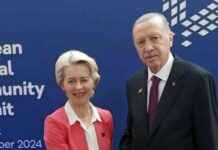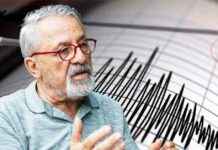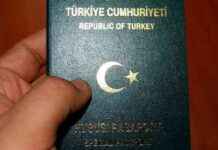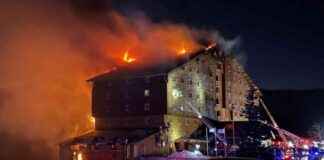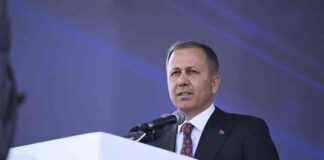Dr. Eray Güçlüer, a prominent figure in the field of defense and security, recently appeared on SABAH TV to discuss the current developments in the region. His insightful analysis shed light on the ongoing conflicts in the Middle East, particularly focusing on the recent attacks carried out by Hizbullah following Israel’s controversial actions.
Analysis of Israel’s Defense System
Dr. Güçlüer highlighted the effectiveness of Israel’s defense system, particularly the Iron Dome, which has been touted to achieve a success rate of around 90%. However, in light of the recent attacks by Hizbullah, he pointed out that the success rate dropped to approximately 70%. This shift in dynamics indicated a vulnerability in Israel’s defense capabilities and a potential advantage for Turkey.
Turkey’s Superiority in Air Defense
Discussing Turkey’s air defense systems, Dr. Güçlüer emphasized the country’s unparalleled success rate of 100%. He praised the efficiency and reliability of Turkish defense systems, contrasting it with the vulnerabilities observed in Israel’s defenses. This advantage positioned Turkey favorably in the region and hinted at a potential shift in power dynamics.
Dr. Güçlüer’s analysis extended to the broader context of military strategies and operational outcomes. He critiqued Israel’s military approach, characterizing it as reliant on air power and intelligence while lacking in physical combat capabilities. He pointed out the failures in Israeli special forces operations, with an alarming 80% success rate, indicating a weakness in crucial aspects of warfare.
Turkey’s Technological Advancements
Drawing attention to Turkey’s advancements in defense technology, Dr. Güçlüer highlighted the critical stage reached in air defense systems. He noted signs of fatigue and erosion in Israel’s capabilities, particularly in countering low-altitude threats like drones. In contrast, Turkey possessed advanced systems such as GÖKBERK and KORKUT, which were domestically produced and highly effective in combat situations.
The discussion delved into the upcoming deployment of the KAAN aircraft, scheduled for June 2028, which would significantly enhance Turkey’s strategic capabilities. Dr. Güçlüer emphasized the superiority of the KAAN aircraft, labeling them as strategic weapons that would redefine air superiority in the region. With 20 KAAN aircraft set to bolster Turkey’s air force, he projected a shift in the balance of power away from Israel and the U.S. towards Turkey.
Reflecting on the future landscape of aerial combat, Dr. Güçlüer envisioned a scenario where the presence of KAAN aircraft would render traditional fighter jets like the F-35 and F-16 obsolete. He highlighted the transformative impact of advanced Turkish technology on regional security dynamics, signaling a new era where Turkey would emerge as a dominant force in the skies.
In conclusion, Dr. Eray Güçlüer’s analysis on SABAH TV provided valuable insights into the evolving geopolitical landscape in the Middle East. His assessment of Israel’s defense capabilities, Turkey’s technological advancements, and the imminent deployment of the KAAN aircraft painted a compelling picture of shifting power dynamics in the region. As Turkey continues to strengthen its defense systems and assert its presence on the global stage, the future of air superiority appears to be firmly in Turkish hands.




